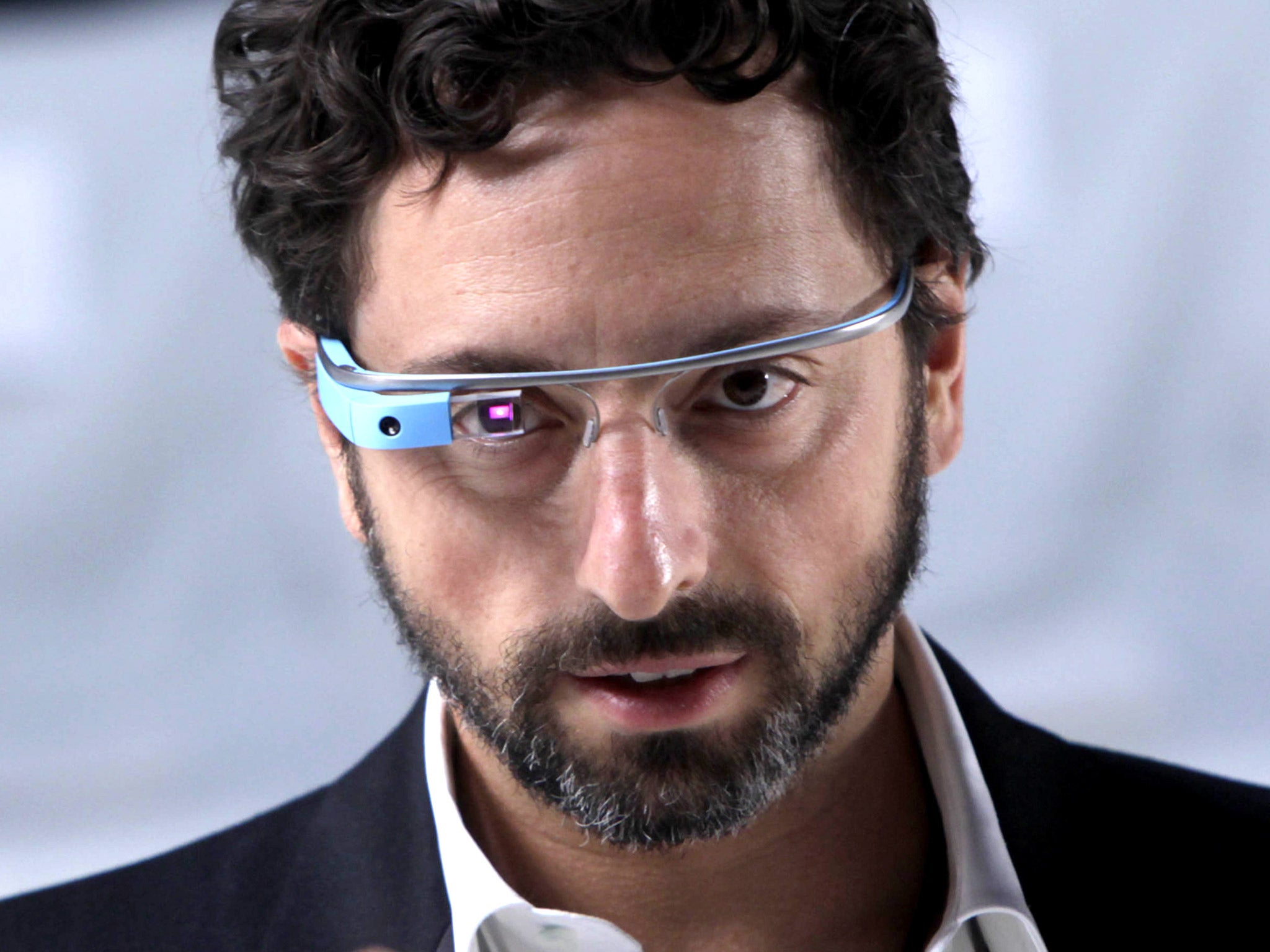The Independent's journalism is supported by our readers. When you purchase through links on our site, we may earn commission.
Google Glass latest: facial recognition is out of the picture amid privacy concerns

Your support helps us to tell the story
From reproductive rights to climate change to Big Tech, The Independent is on the ground when the story is developing. Whether it's investigating the financials of Elon Musk's pro-Trump PAC or producing our latest documentary, 'The A Word', which shines a light on the American women fighting for reproductive rights, we know how important it is to parse out the facts from the messaging.
At such a critical moment in US history, we need reporters on the ground. Your donation allows us to keep sending journalists to speak to both sides of the story.
The Independent is trusted by Americans across the entire political spectrum. And unlike many other quality news outlets, we choose not to lock Americans out of our reporting and analysis with paywalls. We believe quality journalism should be available to everyone, paid for by those who can afford it.
Your support makes all the difference.The protracted launch of Google Glass has generated more excitement and concern with the news that facial recognition will be banned on the device.
The news comes from an announcement on Glass’s Google+ page, but privacy advocates have noted that the statement’s wording leaves open the possibility of using facial recognition software in the future.
“We've been listening closely to you, and many have expressed both interest and concern around the possibilities of facial recognition in Glass,” says the official statement. “With that in mind, we won’t be approving any facial recognition Glassware at this time.”
However, the blog post also contained the caveat that Google “won’t add facial recognition features to our products without having strong privacy protections in place”. What will constitute “strong” protection is unclear.
The announcement is possibly a reaction to the news last week that a start-up named Lambda Labs would be releasing an API enabling facial recognition on Glass. Co-founder of Lambda Labs Stephen Balaban described the technology as enabling possible apps that could “remember this face”, “find your friends in a crowd” or create “intelligent contact books”.
And the week prior to Lambda’s announcement, eight members of Congress co-signed a letter to Google, asking the company to explain how it would prevent Glass from collecting data without individuals’ consent. The group responsible – the Congressional Bi-Partisan Privacy Caucus – gave Google until 14 June to respond.
Glass is currently being trialled by 2,000 developers dubbed “Explorers” though more devices are planned to be released to winners of Google’s #ifihadglass competition, asking Twitter users to submit reasons why they deserved to use the product.
Eight-thousand winners were notified that they could purchase Glass for $1,500 in March, though submissions were certainly varied, covering the expected gamut from the aspirational (“the world would be such a better place. Things would be simpler”) to the possibly sarcastic (“I’d tell everyone how awesome those damn glasses were and laugh laugh LAUGH at everyone else for not having them!”).
Other changes made in the update included he banning of explicit material, hate speech and gambling and the proscription that Glass’s display is active whenever the device’s camera is in use – making covert photography more difficult.
Join our commenting forum
Join thought-provoking conversations, follow other Independent readers and see their replies
Comments